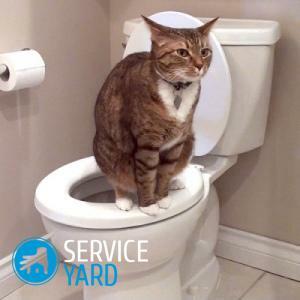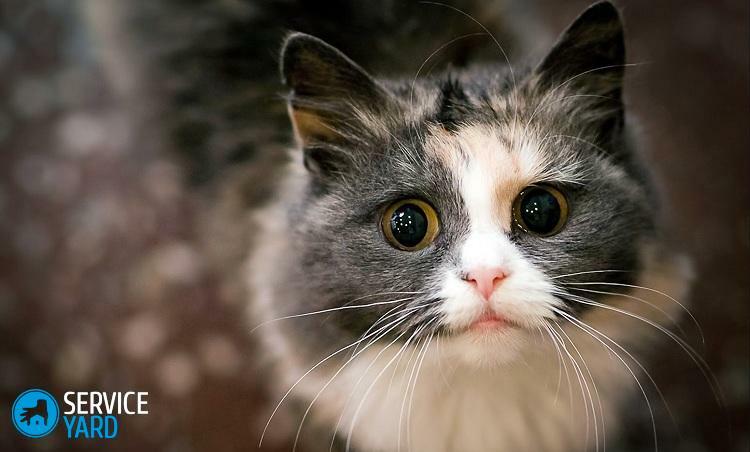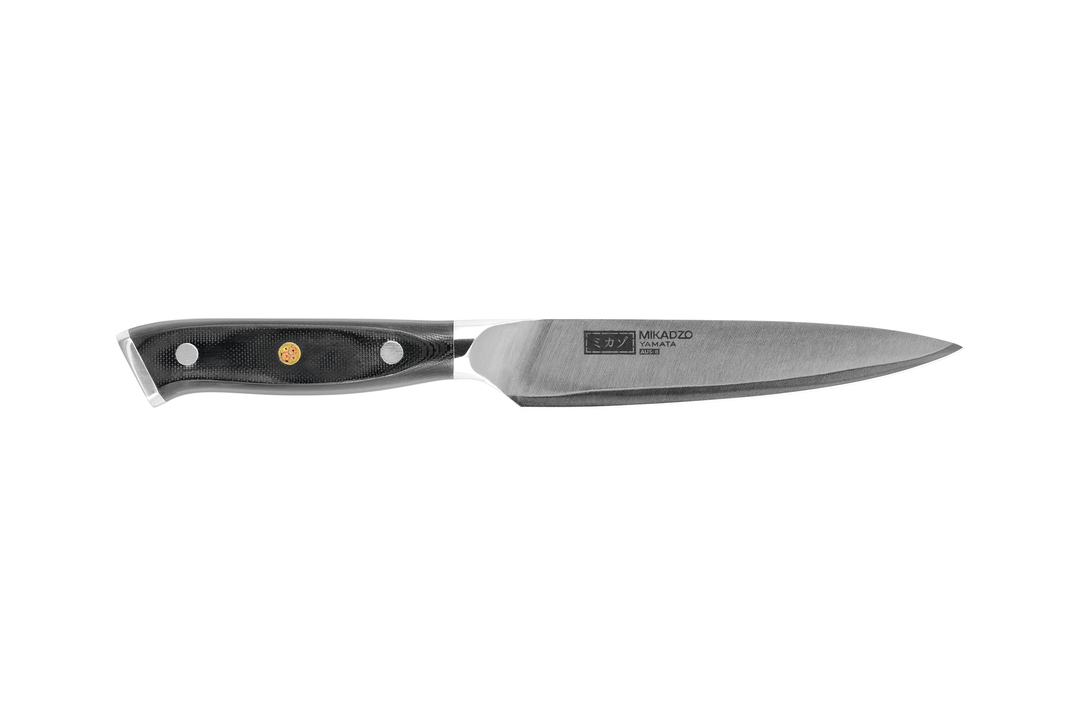
- Reasons for
- Reasons for anxiety
- What to do before visiting a veterinarian?
- Diagnosis
- A cat has a stool with blood - what can I do? Treatment
- Preventive measures
When cleaning a cat's toilet, you may notice that blood has appeared in the excrement of the pet. This is not such a rare problem, veterinarians face it constantly. Blood clots or, worse, a bloody puddle in the tray - a sign of serious pathology in the animal. In no case can we expect that the situation will be resolved by itself. It is necessary to understand the causes of this phenomenon and provide the animal with timely help. So, the cat feces with blood - what does it mean?
to Contents ↑Reasons for
Normal feces do not contain bloody or mucous impurities, undigested remains. Blood in excrement is a sign of serious problems with animal health. The reasons that provoked this can be the following.
Extremely dry food in the diet
Coarse particles of feed injure the mucous membranes of the digestive system. Even worse, if the animal does not have constant access to water. The appearance of extravasation in feces is inevitable.
Chronic constipation
Unbalanced diet, small amounts of water consumed, food "human" food sooner or later lead to constipation. Hardened stools injure the colon, which causes bleeding after defecation.
Foreign bodies
If the pet accidentally swallowed a sharp object, then a health threatening situation could develop. Urgently address in a vet clinic!
Parasites
Most helminths parasitizing the intestine of the cat have devices with which they are attached to the walls of the intestine. Mucous traumatized, which leads to the fact that the cat feces with blood.
Important! Harm the intestines of the animal and the protozoa. They increase the permeability of blood vessels.

The defeat of viruses and bacteria
The cause of the appearance of blood in feces is infectious diseases( panleukopenia, enteritis, etc.).In addition to diarrhea with an admixture of blood, these diseases show a sharp deterioration of the animal's condition, dehydration of the body, severe vomiting.
Other causes:
- Diseases of the digestive system, liver, pancreas.
- Chronic inflammation of the large intestine( colitis).One of the manifestations of the disease is erosion and ulcers on the intestinal mucosa. Hence - and feces with blood from the cat, and the appearance of mucus in it.
- Polyps. These benign neoplasms of the intestine are found quite often. Fecal masses that pass through the intestine, injure the overgrown areas of the mucosa, which leads to bleeding.
- Malignant tumors. For cats, rectal cancer is a rarity, but you still need to eliminate this formidable pathology. This can only be done by a specialist. The cancer develops gradually, gradually, showing itself already when the metastases have spread throughout the body.
- Blood clotting disorders, allergy.
- Poison poisoning for rodents. The reason may be hunting for rodents or direct contact with the poison. It is not by chance that experienced cat-rat trappers do not eat their prey, but add them at the threshold as a hunting trophy. And young inexperienced animals often die.
- Wool, swallowed by the animal when licking, often becomes the cause of extravasation in feces. Most often this problem arises in longhaired handsome men. Hairs injure the intestinal mucosa, causing bleeding.
- Tubular bones in the cat's diet. Sharp bones injure the intestines, which leads to the appearance in the feces of ekstarvazat.
- Dysbacteriosis. In addition to feces with blood, in a cat this condition is manifested by swelling of the intestine, alternating diarrhea and constipation.
As you can see, there are a lot of reasons for the same phenomenon. Answers to the question, the cat feces with blood - what does it mean, too many. For this reason, one must take the symptoms seriously and do not neglect the visit to the vet.
back to content ↑Worries for
It is necessary to consult a veterinarian if the animal has such symptoms:
- The cat strongly pushes when defecating, meows.
- Blood appeared in the feces of the pet.
What to do before visiting a veterinarian?
Before you go to a veterinary clinic, watch the pet. Special attention should be given to such moments:
- How often does blood appear in the feces of a cat?
- The amount of blood excreted in the feces.
- Behavior of the animal when visiting the tray( meowing, anxiety).
- The presence in the faeces of other foreign inclusions - undigested food, wool, mucus, etc.
- Changes in general condition( activity, presence or absence of vomiting, loose stool, fever).
- Changes in appetite.
Important! Be ready to answer such questions from the doctor as:
- changes in the animal's diet;
- availability of access to the poison for rodents;
- possibility of ingestion of animal foreign bodies.
All this will allow the doctor to make the right diagnosis and save health, and sometimes - and the life of the animal.
to Contents ↑Diagnosis
Before the appointment of a veterinarian, the veterinarian carefully examines the pet. The animal is prescribed such tests:
- A detailed blood test.
- Study of excrement on protozoa and helminths.
- Study of feces for occult blood.
Important! A lot of information is given by the coprogram. This technique makes it possible not only to examine the composition of the stool, but also to detect latent blood in it. Apply also X-ray diagnostics, ultrasound of the abdominal cavity, colonoscopy.
to the contents ↑A cat has a chair with blood - what to do? Treatment of
A set of therapeutic measures depends on the cause:
- If the appearance of blood in the bowel movements is caused by infections, then the antiviral and antibacterial drugs will help the animal.
- For cats suffering from allergic reactions or dysbacteriosis, treatment with a special diet and probiotics will be effective.
- If blood in feces is caused by helminths or protozoa, then the use of anthelmintic drugs or coccidiostatics will help.
- Cats with pancreatic diseases are helped by enzyme preparations. Long-haired cats need to buy food with additives that painlessly remove wool from the body.
- Polyps can be removed promptly and continue to continue conservative treatment.
Preventive measures
To ensure that the cat does not experience discomfort when visiting the tray for "big" cases, and even more so, to avoid serious pathologies, it is necessary to observe such rules:
- De-worming of the animal is carried out regularly.
- Elimination of access to toxic substances.
- The right diet. You can not feed the cat with scraps from your own table, tolerate overeating, too zealous with dry foods. If you still use dry food, then let it be products of the "premium" class, and not "Kiskas" from dubious producers with equally dubious composition.
- For normal digestion, the animal needs water. Do not forget about it.
- Do not neglect preventive visits to the veterinary clinic.
Remember that blood in a bowel movement is, in any case, a deviation from the norm. Determine the cause of the problem and answer the question, the cat has a stool with blood - what to do, only a qualified veterinarian can. Do not risk the life of a pet!



